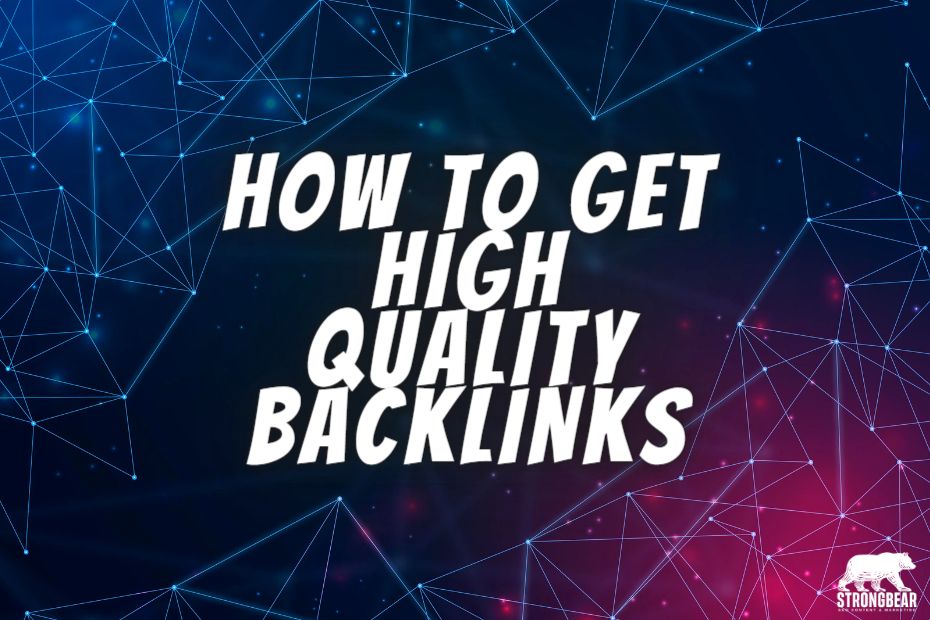In the realm of Search Engine Optimization (SEO), backlinks are the backbone that can boost your website’s authority and visibility. However, not all backlinks are created equal. It’s crucial to understand the difference between high-quality and low-quality backlinks, as the former can significantly improve your SEO, while the latter can harm it.
Understanding Backlinks
A backlink is a link from another website that directs to your site. It’s a vote of confidence from one site to another, and search engines like Google consider these links when ranking websites. High-quality backlinks come from authoritative, relevant, and well-respected websites. They add value because they show search engines that your site is trustworthy and contains valuable content.
Strategies for Earning High-Quality Backlinks
Earning high-quality backlinks requires effort and strategic planning. Here are some strategies:
- Creating Valuable Content: When you create content that is insightful, unique, and high-quality, others will naturally want to link to it. This could be blog posts, infographics, case studies, or any other type of content that provides value to your audience.
- Guest Posting on Reputable Blogs: Write articles for other blogs in your industry. This not only positions you as an authority but also allows you to include a backlink to your website.
- Building Relationships with Influencers and Industry Leaders: Networking and building relationships with influential figures in your industry can lead to backlink opportunities. They might share your content with their audience or even offer guest posting opportunities.
- Participating in Relevant Forums and Online Communities: Engage with communities where your target audience hangs out. Answer questions and provide valuable input, and when appropriate, link back to your website.
Common Mistakes to Avoid When Building Backlinks
While it’s crucial to actively build backlinks, some practices can do more harm than good:
- Buying Backlinks: This practice is against Google’s guidelines and can lead to penalties. It’s better to invest time in earning high-quality backlinks naturally.
- Excessive Link Exchanges: While exchanging links with relevant websites can be beneficial, doing it excessively or with irrelevant sites can harm your SEO.
- Using Irrelevant Links: The websites linking to you should be relevant to your industry. Irrelevant backlinks can indicate to search engines that your website is spammy.
Tools for Tracking Your Backlinks
Keeping track of your backlinks is just as important as earning them. Here are a few tools that can help:
Google Search Console: This free tool from Google provides data about your website’s search traffic and performance and includes a section for reviewing your backlinks.
SEMrush: This is a comprehensive SEO tool that includes a backlink tracker. It can show you the number of backlinks you have, where they’re coming from, and how they’re affecting your SEO.
Ahrefs: Known for its extensive backlink database, Ahrefs offers detailed backlink profiles and can help you discover new backlink opportunities.
Moz: This SEO tool includes a “Link Explorer” feature that allows you to research backlinks, find link-building opportunities, and discover potentially damaging links.
Conclusion
Earning high-quality backlinks is a crucial part of SEO that can significantly boost your website’s visibility and authority. While it requires effort and strategic planning, the payoff can be substantial. Remember, the goal isn’t just to get more backlinks—it’s to get high-quality backlinks from reputable and relevant websites. By implementing these strategies and avoiding common mistakes, you can improve your SEO and increase your website
